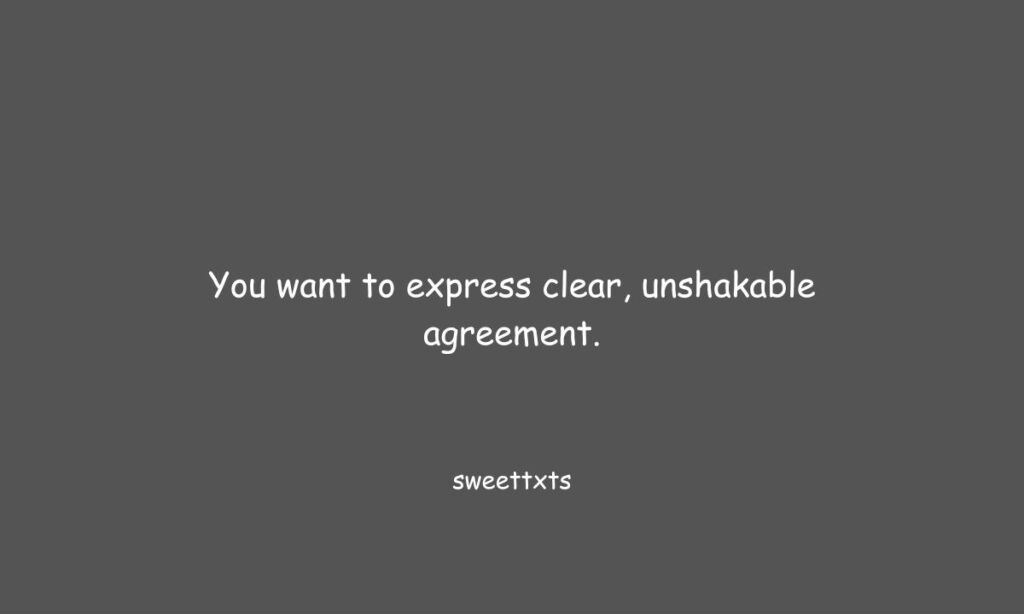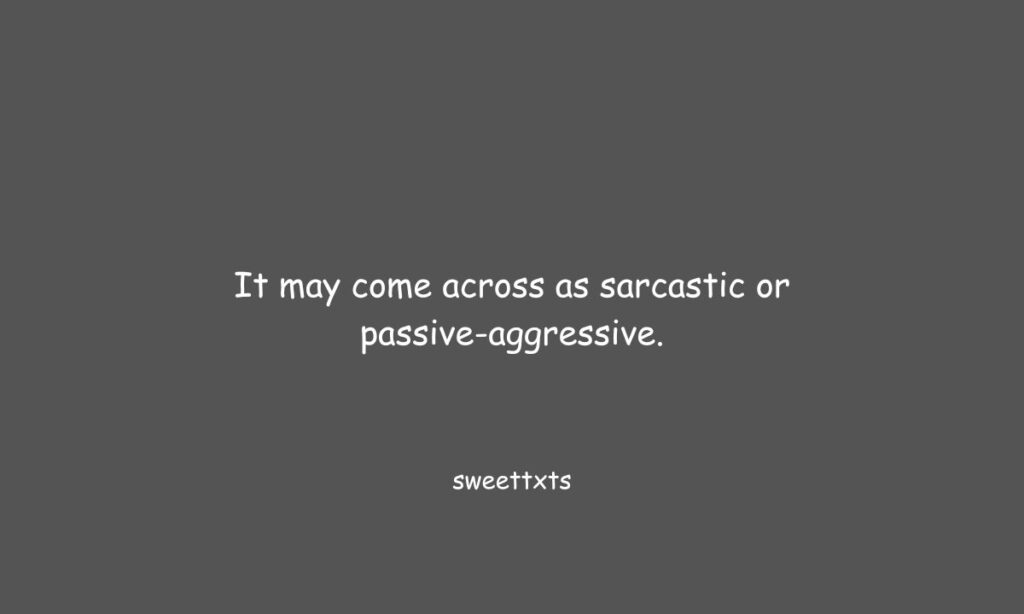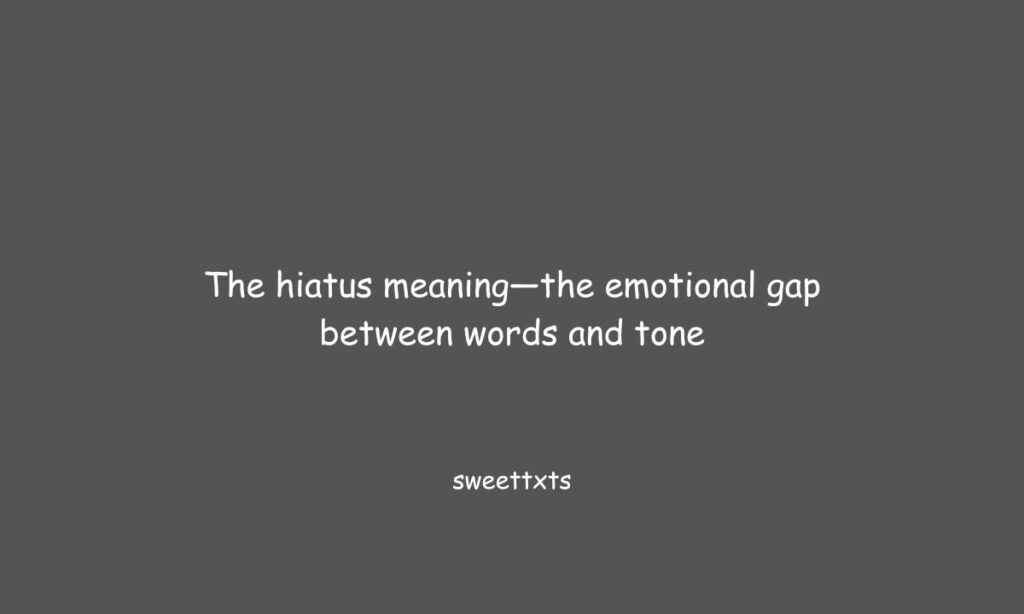OFC is a short word that means “of course.” People use it in text messages or online when they want to say “yes” or agree with someone. It is easy to write and quick to understand in friendly talks.
Some people use OFC to show they are sure about something. It can sound happy, but sometimes it may seem rude if not used kindly. That’s why it is better to use full words in school or with new people.
There are many other ways to say OFC in a nice way. Words like certainly, sure, or gladly sound more polite. Choosing the right word helps others feel respected and makes talking easier.
What Does “OFC” Mean?
OFC stands for “Of Course.” It’s an informal abbreviation often used in digital communication to express affirmation, agreement, or certainty. Commonly found in texting, chatting apps, and social media, it reflects a relaxed, conversational tone.
Examples
- A: “Are you coming to the game tonight?”
B: “OFC! Wouldn’t miss it.” - A: “Did you do the assignment?”
B: “OFC I did, I’m not risking my grades!”
While “OFC” is widely used, its tone is often casual and might not suit all professional or formal scenarios. That’s why understanding its underlying tone—the hiatus meaning—and knowing its best alternatives is important.
The Hiatus Meaning of “OFC”

“Hiatus” here refers to the gap or pause between meaning and tone—the hidden emotional or contextual layer behind the expression.
Even though “OFC” means “of course,” it can subtly change meaning depending on how it’s delivered:
- It may express genuine enthusiasm:
“OFC I’ll help you move! Happy to.” - Or mild irritation or sarcasm:
“OFC you forgot—again.” - Sometimes, it’s used in a dismissive or passive-aggressive way:
“OFC you’re always right.”
Understanding this hiatus—the silent emotional tone behind the abbreviation—is key to using or interpreting “OFC” correctly.
OFC Meaning in Text*
In textual communication, especially informal chats or DMs, OFC has become a quick and easy shortcut. It avoids typing the full phrase and fits the pace of mobile messaging. But its meaning in text is not always neutral.
Tone and Interpretation:
- Friendly & Supportive:
“OFC I got your back!”
(Warm and reassuring) - Irritated or Dismissive:
“OFC you wouldn’t get it.”
(Slightly cold or sarcastic) - Neutral:
“OFC, I’ll send it later.”
(Casual and straightforward)
The reader’s interpretation depends on the context, relationship, punctuation, and surrounding language.
When to Use “OFC”
You can use “OFC” in the following situations:
Appropriate:
- Texts with close friends or siblings
- Informal group chats
- Casual online comments
- Social media replies
- Jokes or light sarcasm
Avoid in:
- Job applications
- Professional emails
- Business messages
- Academic writing
- Communications with unfamiliar people
Polite, Professional, and Casual Alternatives to “OFC”

Depending on your tone and intent, “OFC” can be replaced with more refined or emotionally clear alternatives. Below are 11 well-crafted alternatives suitable for different contexts, each with examples and nuance explained.
1. Certainly
Tone: Professional, respectful
Example: “Certainly, I’ll prepare the documents for you.”
Use When: You want to express firm agreement in formal settings.
2. Absolutely
Tone: Confident, enthusiastic
Example: “Absolutely, I’d love to join the event!”
Use When: You’re showing full support with energy.
3. By all means
Tone: Polite and encouraging
Example: “By all means, go ahead and take the lead.”
Use When: Giving permission in a thoughtful, polite tone.
4. Without a doubt
Tone: Assuring and strong
Example: “You’re the best candidate, without a doubt.”
Use When: You want to emphasize your certainty and support.
5. Most definitely
Tone: Friendly and firm
Example: “Most definitely, I’ll be at the celebration.”
Use When: You want to agree with positivity and emphasis.
6. Of course (fully written)
Tone: Natural and conversational
Example: “Of course, I’d be happy to help.”
Use When: You want the full phrase but still casual or semi-formal.
7. No problem
Tone: Easygoing and helpful
Example: “No problem, I’ll send the file now.”
Use When: The request is simple or informal.
8. Sure thing
Tone: Friendly and relaxed
Example: “Sure thing, I’ll catch you later!”
Use When: The tone is light and the setting informal.
9. Naturally
Tone: Warm and intuitive
Example: “Naturally, I thought of you first.”
Use When: To express something obvious or heartfelt.
10. Gladly
Tone: Cheerful and helpful
Example: “Gladly! I’ll be there on time.”
Use When: You want to show willingness or enthusiasm.
11. Definitely
Tone: Strong and direct
Example: “Definitely, that’s a great idea.”
Use When: You want to express clear, unshakable agreement.
How to Choose the Right Alternative

When replacing “OFC,” consider the following:
1. Tone of the Conversation
- Is it friendly, formal, sarcastic, or supportive?
- Use “Certainly” or “Absolutely” for professional tones.
- Use “No problem” or “Sure thing” with friends.
2. Relationship with the Recipient
- With clients or superiors, stay professional: “Certainly,” “By all means.”
- With peers or friends, casual works: “Of course,” “Definitely.”
3. Emotional Nuance
- When emphasizing enthusiasm: “Gladly,” “Absolutely.”
- When showing logical certainty: “Naturally,” “Without a doubt.”
Why “OFC” May Not Always Be the Best Choice
Despite its popularity, “OFC” comes with drawbacks:
- Tone can be misread: It may come across as sarcastic or passive-aggressive.
- Unprofessional: It lacks polish in business or academic settings.
- May seem dismissive: In sensitive conversations, it can feel cold or short.
By using richer alternatives, you show thoughtfulness, effort, and respect for your audience.
Final Thoughts
The abbreviation “OFC” may be convenient, but words carry tone and emotional weight. In the world of digital communication—where tone is not always obvious—it’s smart to choose your expressions wisely.
This guide helped you understand:
- What “OFC” truly means and where it fits
- The hiatus meaning—the emotional gap between words and tone
- Better alternatives that sound more professional, polite, or expressive
- 11 powerful examples for different tones and audiences
Choosing the right phrase demonstrates emotional intelligence and linguistic awareness—skills that enhance your ability to connect with others.

Daily blessings and uplifting messages by Drupmo for every morning, evening, and day of the week—bringing peace, hope, and inspiration to your soul.